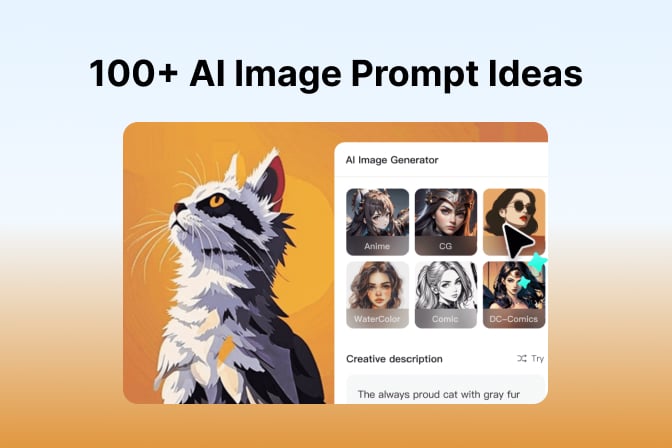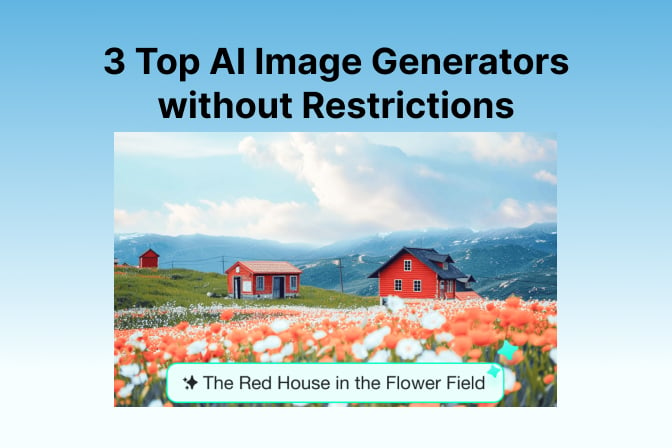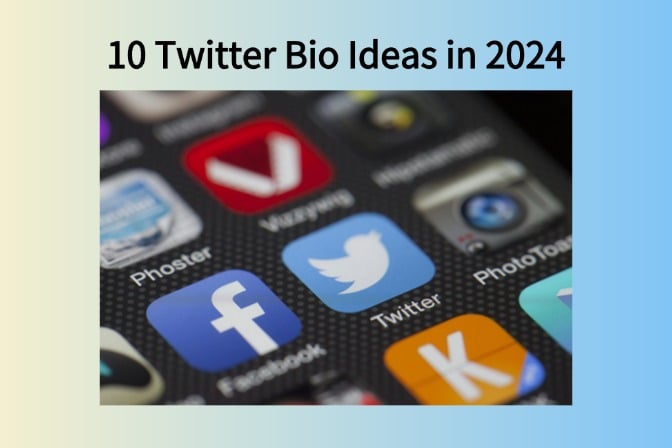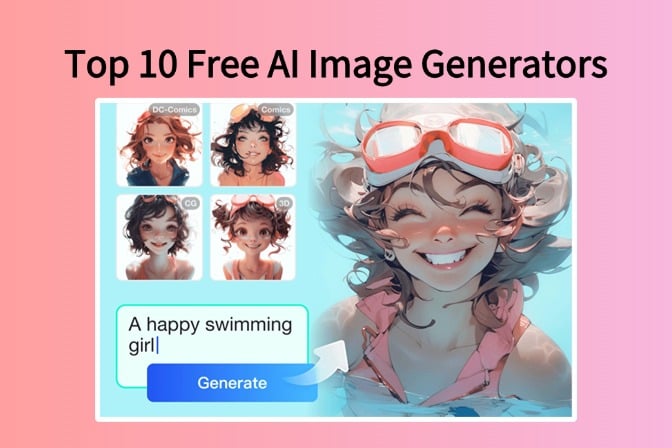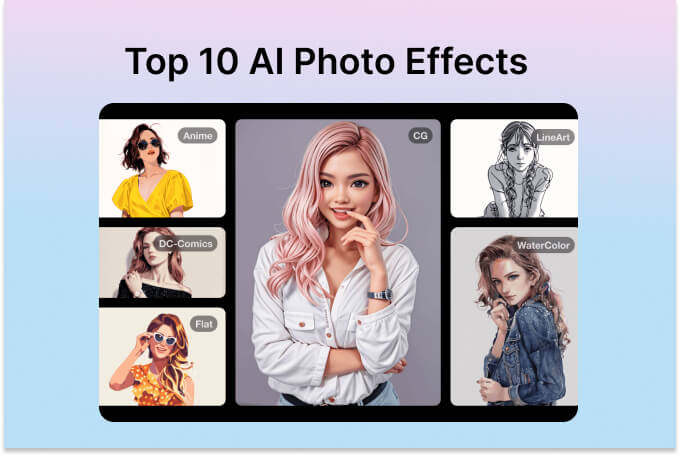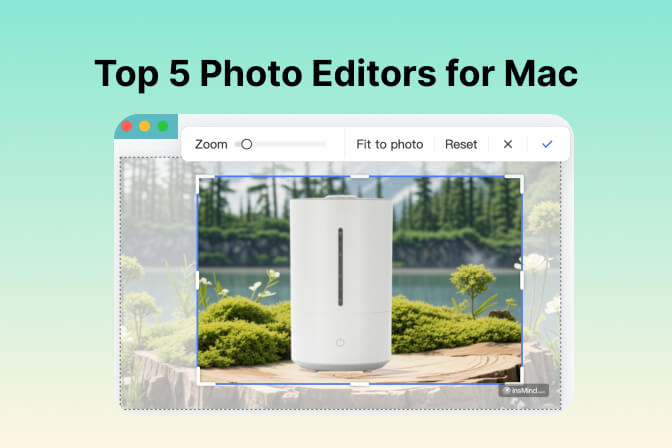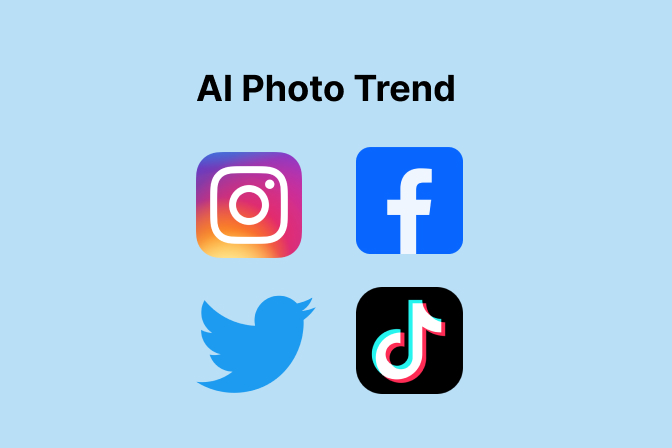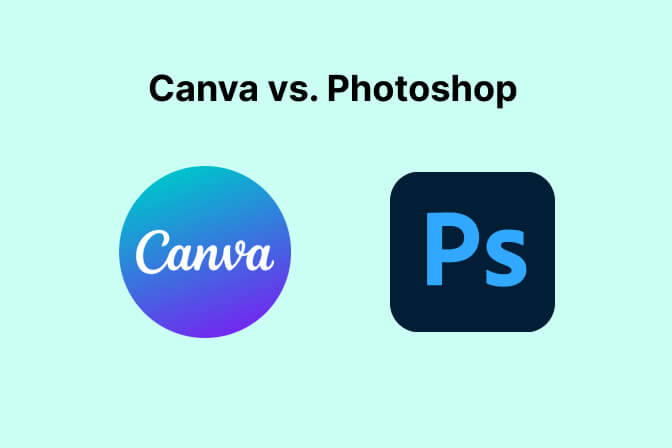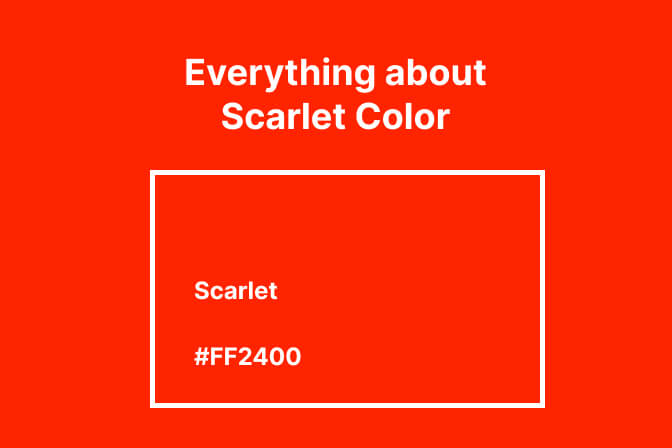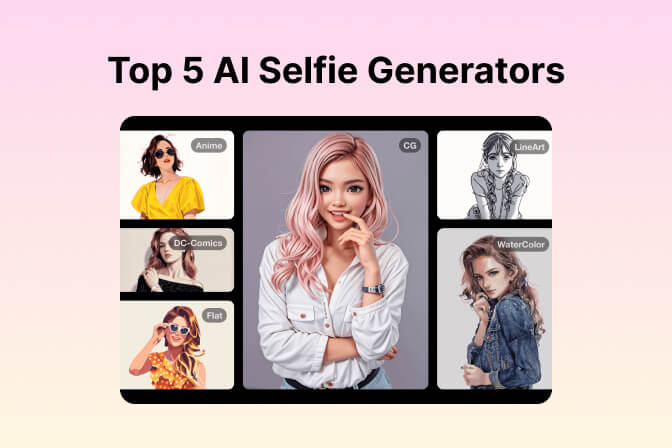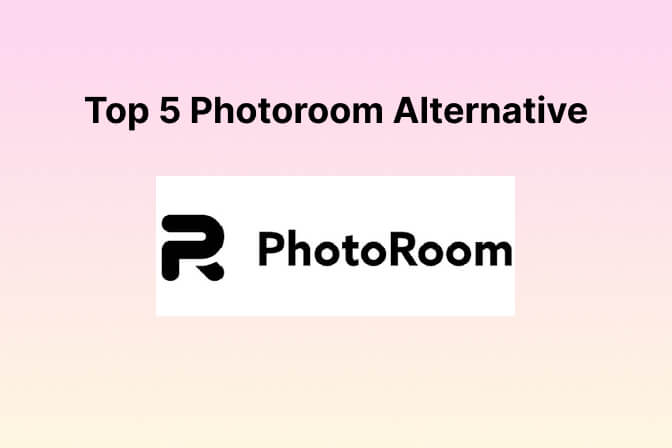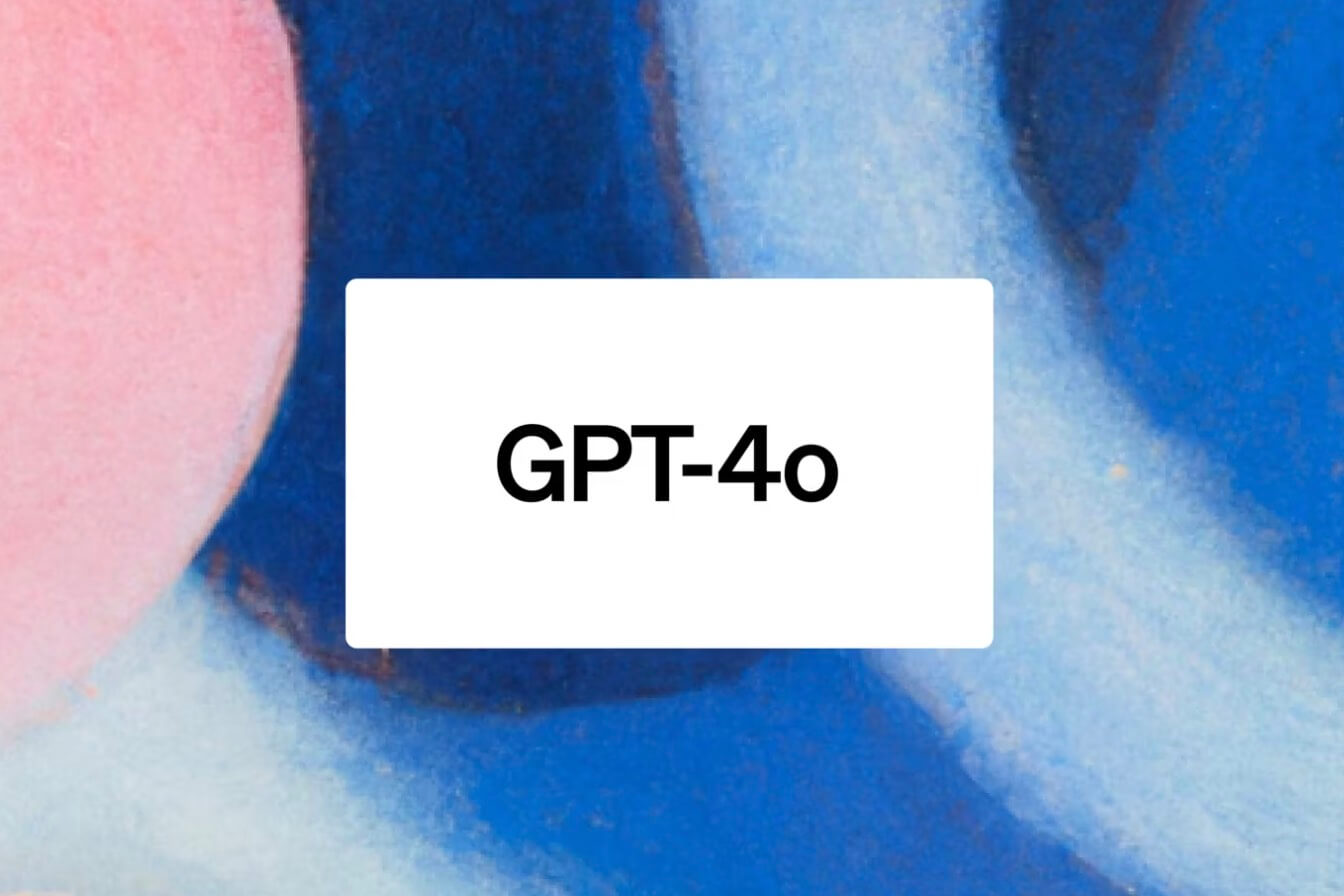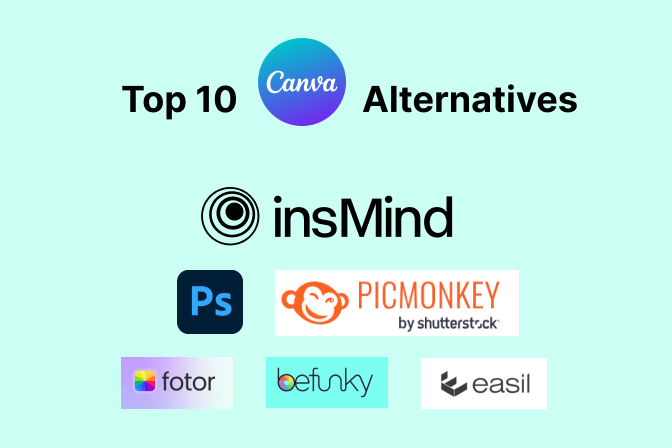If you love PixVerse's quick text-to-video and image-to-video magic but want more styles, controls, or a different workflow, you've got options. Below are ten strong PixVerse alternatives to consider in 2025, led by insMind AI Video Generator, which natively supports both text-to-video and image-to-video with an approachable UI and speedy results.
We will also include practical tips and a step-by-step guide so you can get professional-looking clips right away.
Table of Contents
- Part 1. Why Look Beyond PixVerse?
- Part 2. The #1 Pick: insMind AI Video Generator (Text-to-Video + Image-to-Video)
- Part 3. #2: Deevid AI
- Part 4. #3: Kling AI (Kling 2.1, Kling AI Pro)
- Part 5. #4: Runway (RunwayML)
- Part 6. #5: Hailuo AI (Hailuo 02)
- Part 7. #6: Vidu AI
- Part 8. #7: Luma AI (Luma, Luma Ray 2)
- Part 9. #8: Google Veo (Veo 2, Veo 3)
- Part 10. #9: Hunyuan
- Part 11. #10: Adobe Firefly
Part 1. Why Look Beyond PixVerse?
PixVerse is great for fast, stylized generations (and grew quickly thanks to Discord and web access). But different tools excel at different things, cinematic realism, camera motion, character consistency, editing tools, or ready-to-publish social formats.
Exploring alternatives helps you match the tool to your use case (ads, social shorts, music videos, concept previz, talking-head explainers, etc.).
Part 2. The #1 Pick: insMind AI Video Generator (Text-to-Video + Image-to-Video)
insMind AI Video Generator is a web-based tool that converts both text prompts and images into polished, ready-to-share MP4 videos. Offering a streamlined workflow with model selection, aspect ratio controls, and prompt strength settings, it caters especially well to creators, marketers, educators, and social media users.
Key Features
1. Dual input modes: Create videos from text prompts (text-to-video) or bring still images to life (image-to-video).
2. Model & parameter control: Choose AI models (e.g., Kling 1.6, Kling 2.1), set aspect ratio, video duration, and prompt strength.
3. Rapid video creation: Generate videos in seconds to under a minute, speeding up ideation to final product.
4. HD MP4 export: Download high-quality MP4s optimized for TikTok, Instagram, YouTube, and more, watermark-free.
5. Web and mobile accessibility: Fully browser-based, no installation needed, works on desktop and mobile.
6. Effects and templates: Use built-in templates and effects, like cinematic tones, transitions, or fun filters, for creative variety.
Step-by-Step Guide
Step 1: Upload Your Photos
Start by uploading one or multiple images you'd like to animate. insMind supports JPG, PNG, and WEBP formats, so you can use portraits, product photos, or artwork as your base.

Step 2: Enter Prompt & Customize Settings
Add a descriptive prompt to guide the animation style (e.g., "cinematic zoom-in with soft lighting"). Then select the mode (text-to-video or image-to-video), adjust animation strength, set video length, and choose any style presets.

Step 3: Generate Your Video
Click Generate, and insMind's AI engine will automatically bring your input to life. The system adds motion, transitions, and effects to create a smooth, dynamic video in seconds.

Step 4: Download and Share Anywhere
Preview the final result, then download it as an MP4 file. Your video is ready to be shared instantly on TikTok, Instagram, YouTube, or any other platform.
Part 3. #2: Deevid AI
Deevid AI is a versatile video generator supporting text-to-video and image-to-video conversions. It leverages models like Veo3 and Kling 2.1 for smooth 1080p animations, suited for marketers and content creators. Users benefit from avatar creation with lip-sync and a growing library of AI effects. However, Deevid has a learning curve for prompt optimization, occasional avatar lip-sync glitches, and limited in-depth video editing features. Subscription costs may deter casual users, but a free tier is available for experimentation.

Part 4. #3: Kling AI (Kling 2.1, Kling AI Pro)
Kling AI shines with cinematic-quality video output and realistic lip-sync avatars. The 2.1 update improves rendering speed and motion realism. Ideal for filmmakers and marketers, it provides polished video creation with artistic flair. However, Kling can be slow (5-30 minutes per video), has occasional unnatural facial expressions, and lacks built-in video editing capabilities. Its pricing is on the higher side, and beginners may find the interface less intuitive.

Part 5. #4: Runway (RunwayML)
RunwayML offers AI video generation with its Gen-4 model, providing creative scene and character control. It supports both text-to-video and image-to-video with direct "directing" tools. Runway offers good stylistic customization and cross-device functionality. Downsides include slower video generation than competitors, occasional visual artifacts, limited free usage credits, and a premium pricing structure. Its complexity may pose challenges to casual users.

Part 6. #5: Hailuo AI (Hailuo 02)
Hailuo AI 02 delivers rapid video creation with strong multi-language and storytelling support. Its smooth animations are optimized for social clips and marketing videos. However, the interface can be confusing for new users, customization options are limited, and output quality varies. Customer support and transparent pricing information are areas needing improvement, reducing its appeal for wider audiences.

Part 7. #6: Vidu AI
Vidu AI targets quick video creation for influencers and social media users, with ease of use and trendy effects. Its speed is a plus, but video quality suffers at times, and advanced editing features are lacking. Free-tier outputs carry watermarks, and subscription costs for higher tiers are considerable. It is a good choice for those prioritizing rapid content generation over fine control.

Part 8. #7: Luma AI (Luma, Luma Ray 2)
Luma AI excels in cinematic realism with advanced lighting, depth, and 3D-style video generation. Its suitability for filmmakers and game designers is enhanced by dynamic camera and motion features. Negatives include occasional unnatural character movements, a steep learning curve, slower processing, and a professional-grade price point. It is best suited for users with experience and larger budgets.

Part 9. #8: Google Veo (Veo 2, Veo 3)
Google Veo 2 and 3 provide high-quality physics simulations and cinematic video outputs with real-time previews. The platform offers consistency in characters and scenes, appealing to professional storytellers. Limitations include restricted current availability (mostly US users), a steep learning curve, costly subscription, and occasional visual artifacts. Powerful hardware or cloud access is preferred for optimal use.

Part 10. #9: Hunyuan
Hunyuan specializes in marketing and educational video creation with smooth transitions and native camera cuts. It offers template-driven workflows that streamline production for non-experts. However, it features limited video style diversity, rendering latency, and a relatively small user base, which can limit community and support. Some advanced functions are locked behind paywalls.

Part 11. #10: Adobe Firefly
Adobe Firefly offers text-to-video integrated with Adobe Creative Cloud, supporting professional editing with high customization. It suits experienced designers requiring script-based videos and extensive effect libraries. Drawbacks include high subscription costs, a comparatively steep learning curve, and less automation in video generation compared to specialized AI-only platforms. It is ideal for Adobe users but less for beginners.

Final Words
AI video tools are getting better every day. PixVerse is good, but there are many other options with different styles and features. Some tools focus on cinematic quality, while others are built for speed or social media videos. If you want something easy to use that still gives professional results, insMind AI Video Generator is the best choice. It works with both text and images, creates videos fast, and lets you download them ready to share anywhere.
Try insMind today and turn your ideas into amazing videos.
Sid Buckley
I'm a professional writer and amateur photographer, and I author insightful articles at insMind to help you integrate AI into compelling image creation.


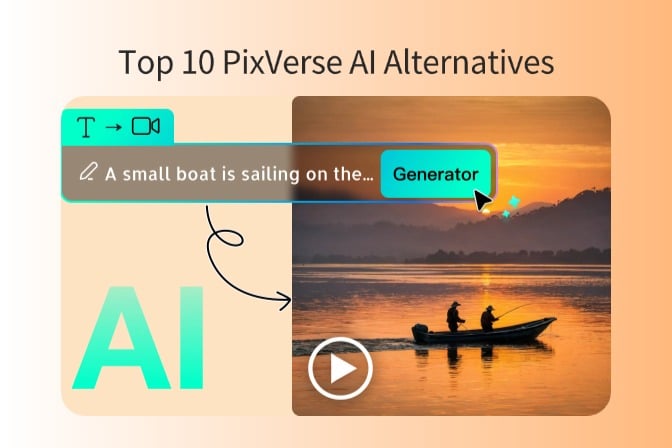
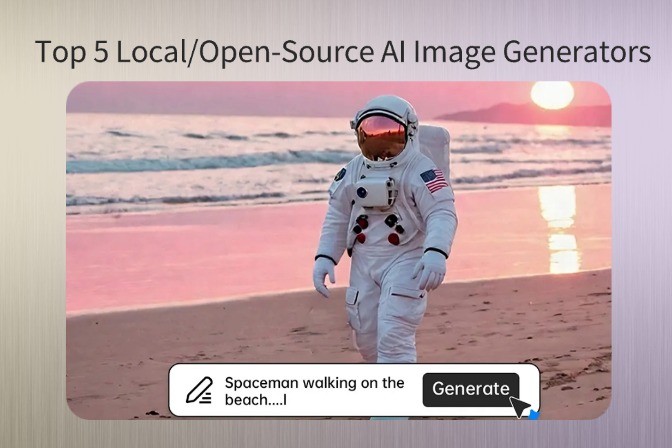
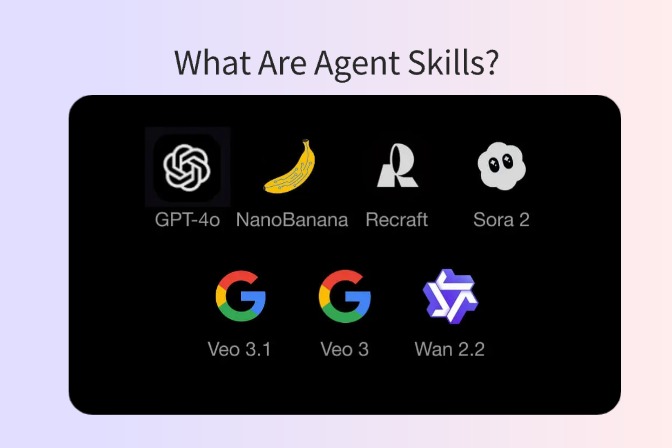
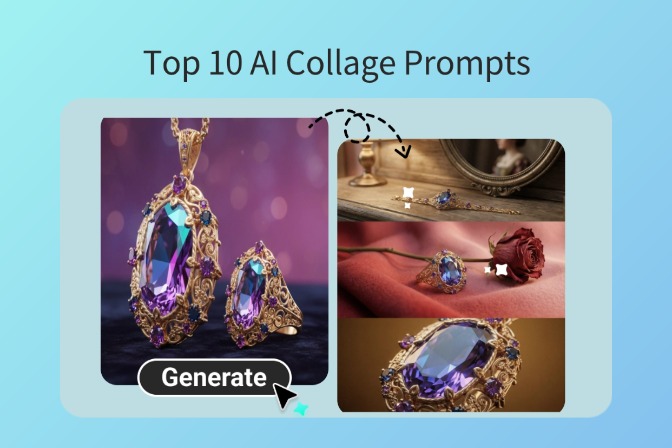




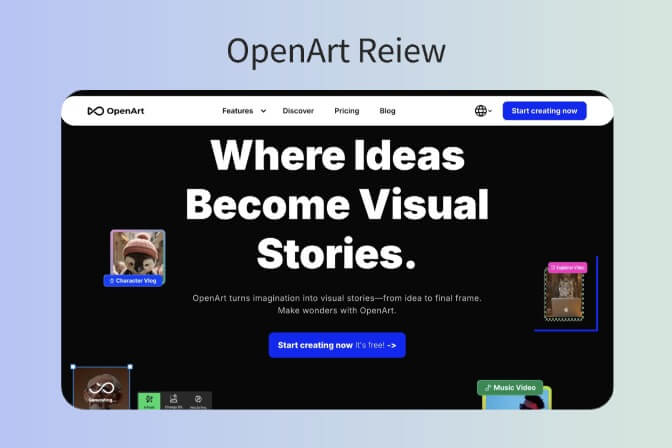
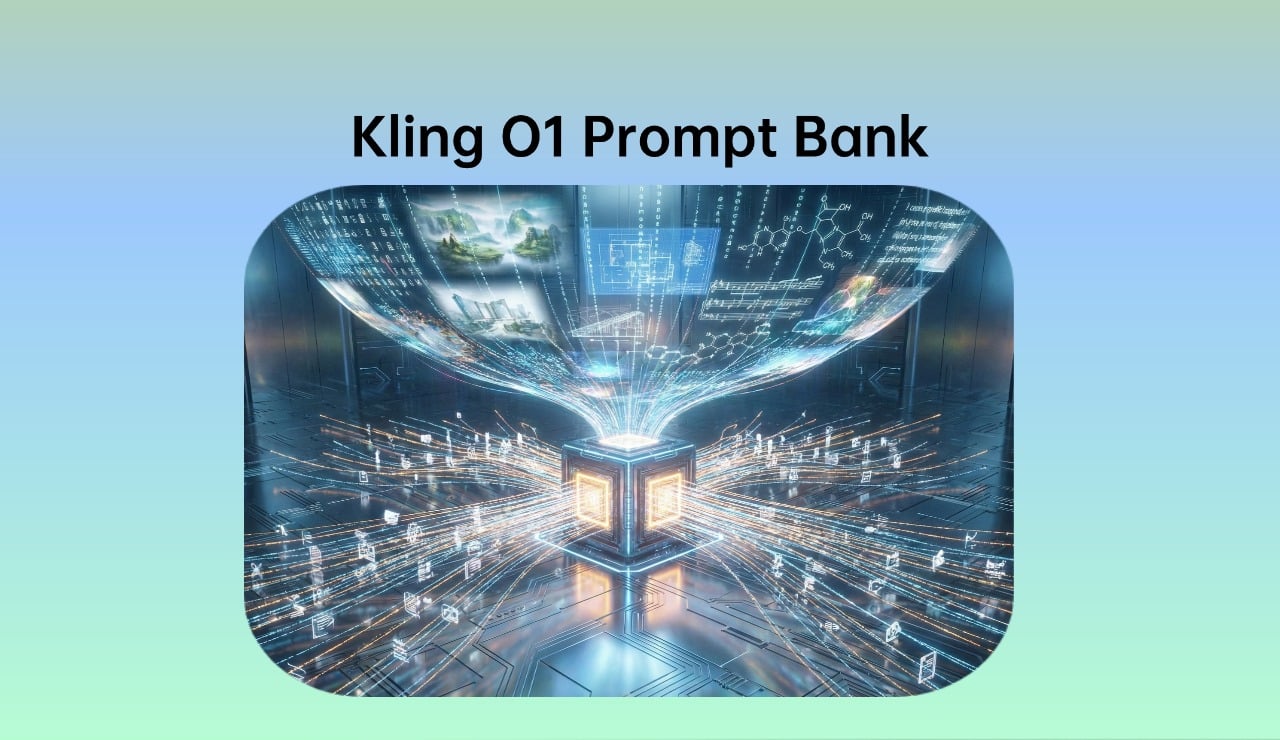
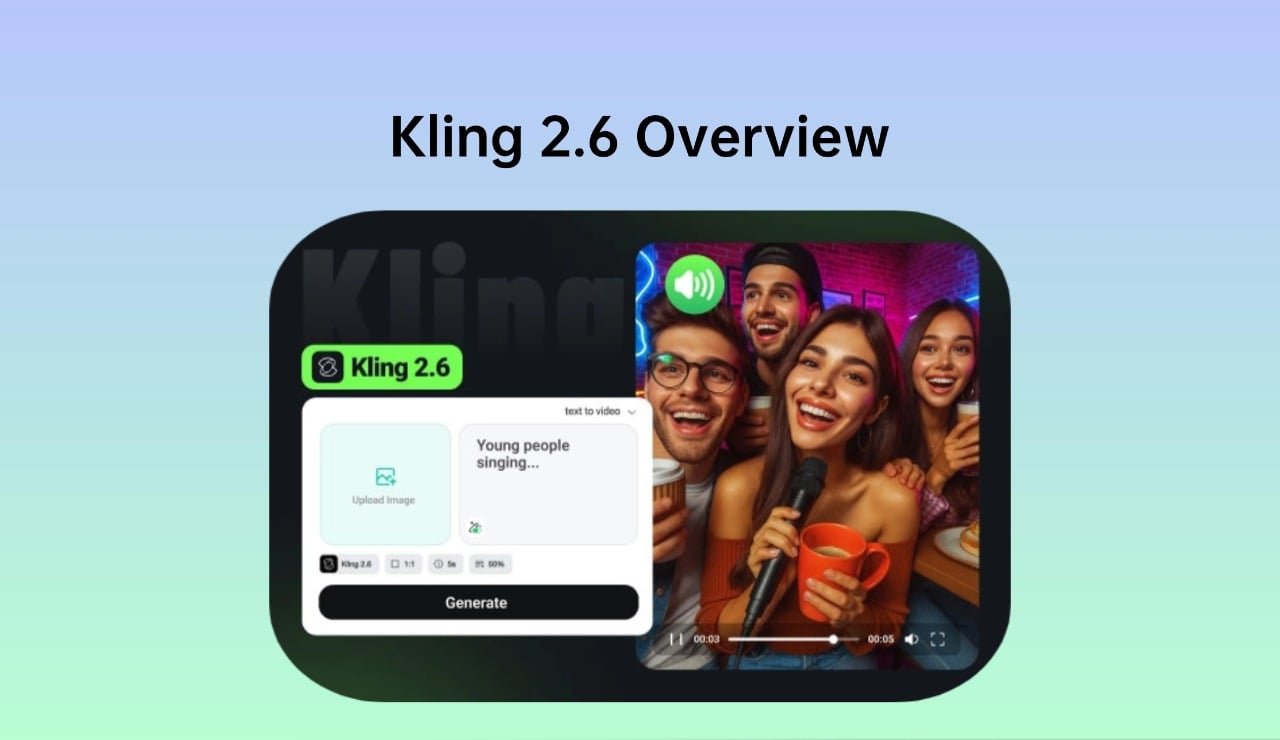




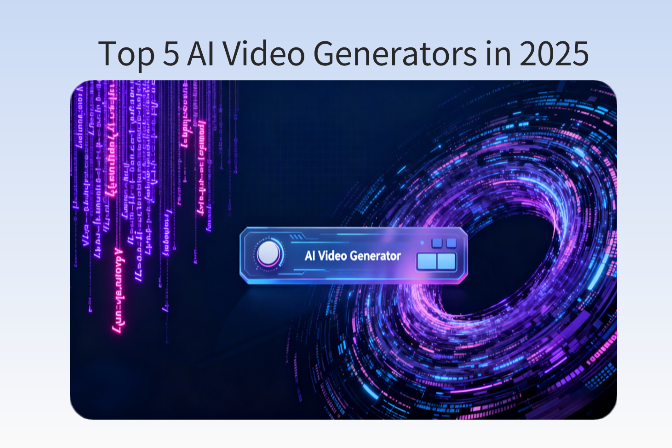
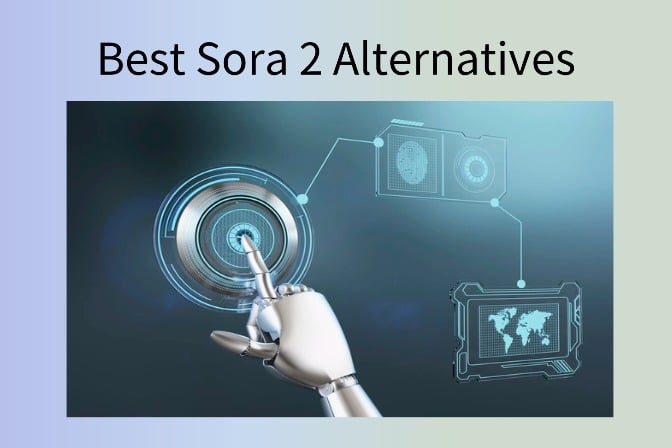


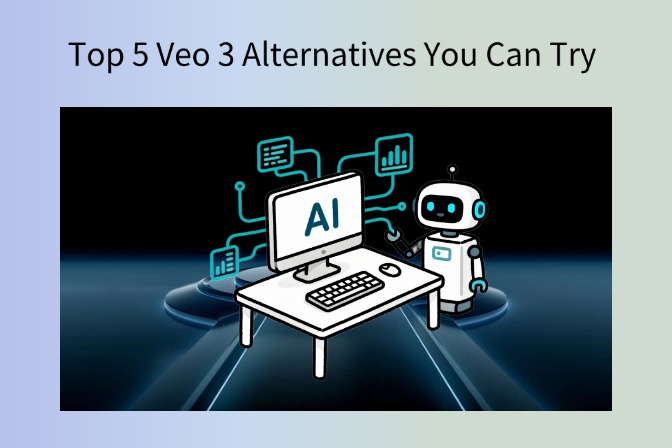
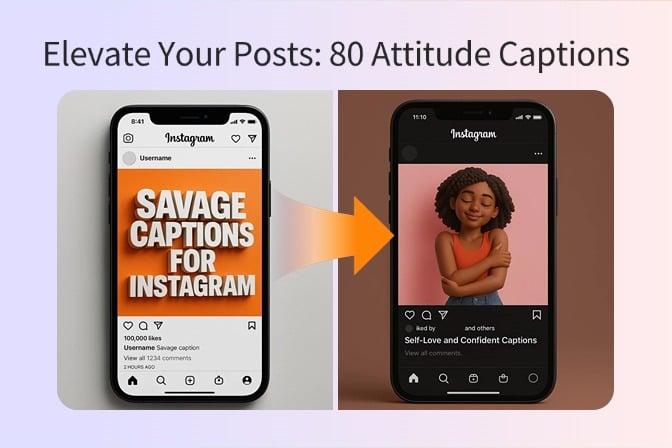
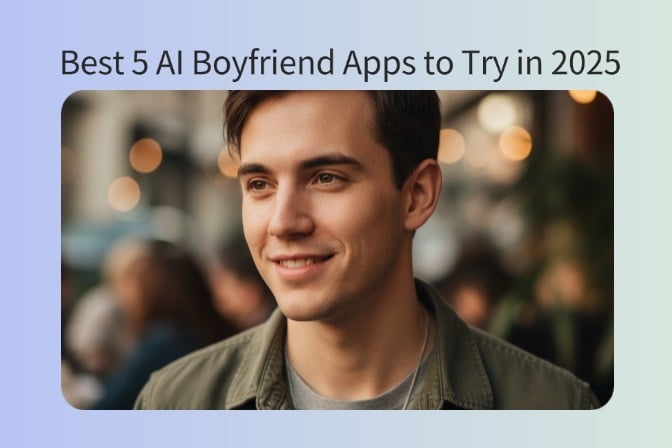
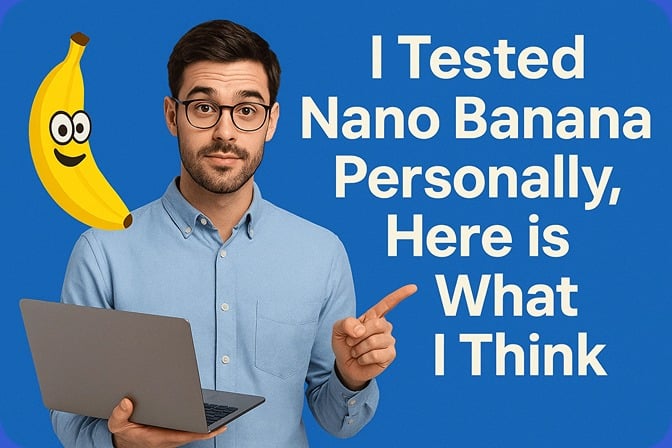
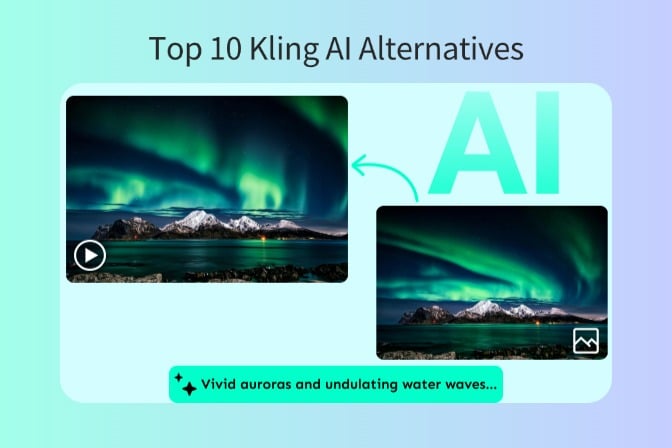
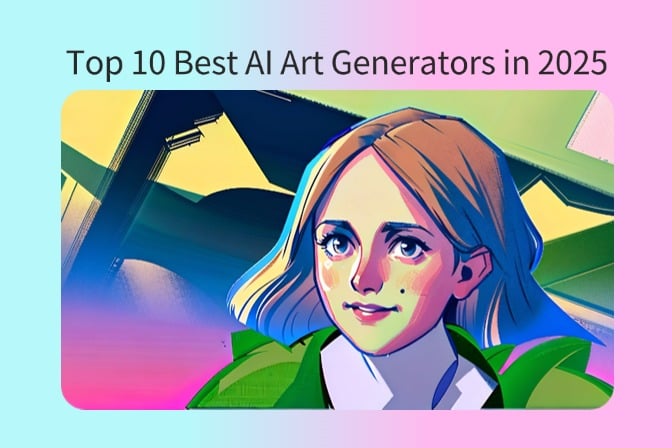
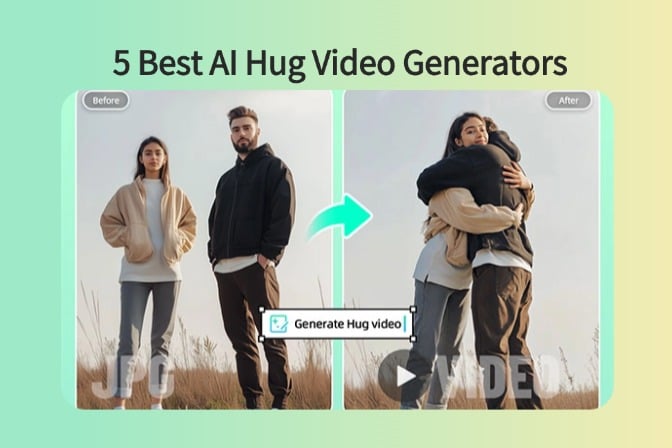
![5 Best AI Kissing Video Generators of 2025 [Tested] 5 Best AI Kissing Video Generators of 2025 [Tested]](https://images.insmind.com/market-operations/market/side/8b445afb685e4957b11238f3ebad2b2b/1756093193517.jpg)
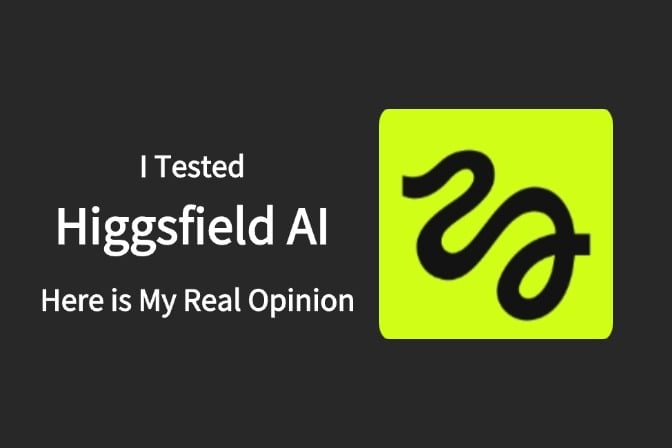

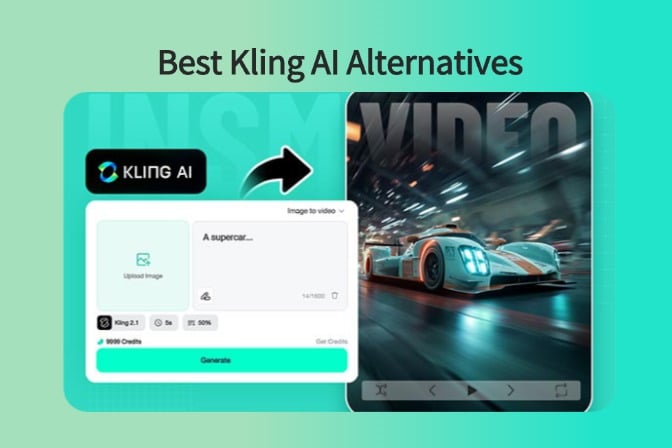
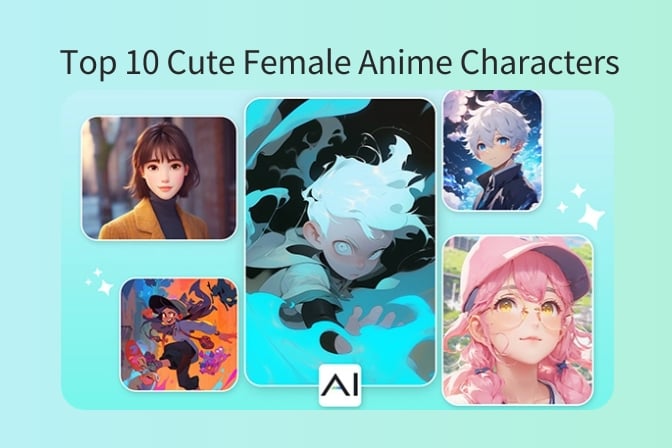
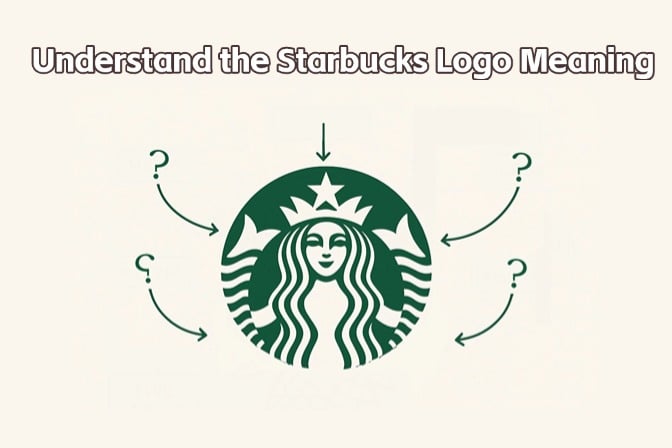

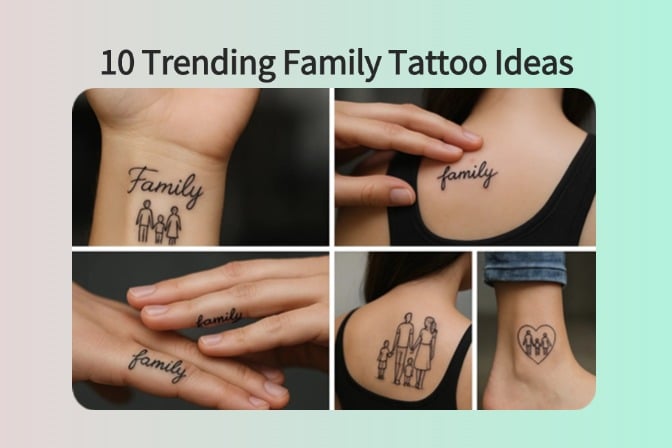


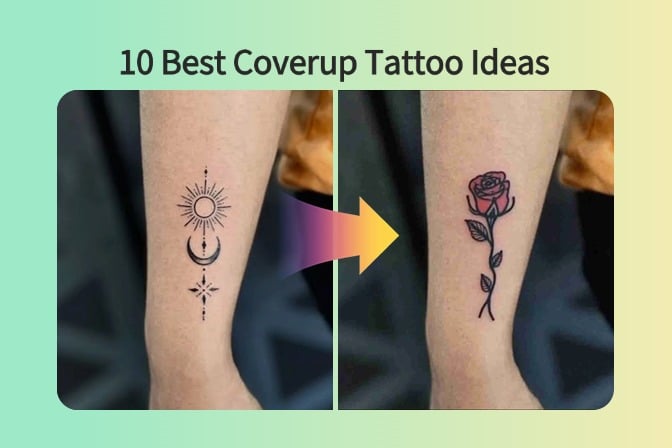
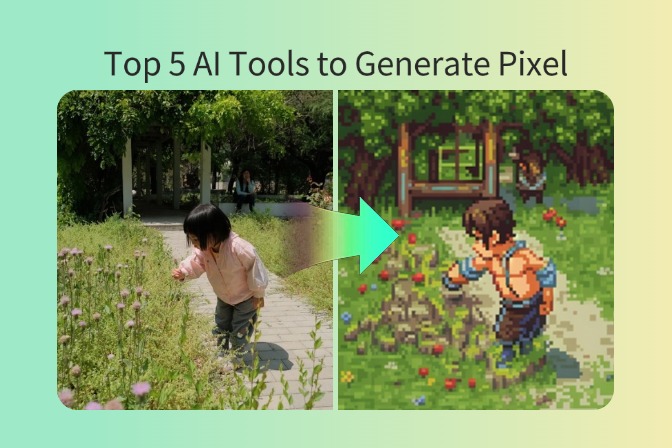

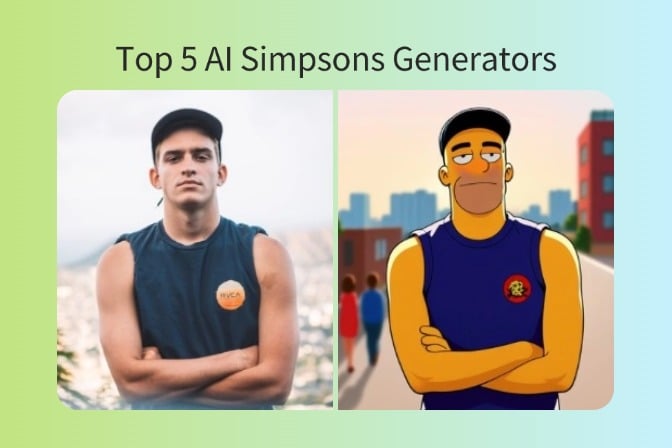
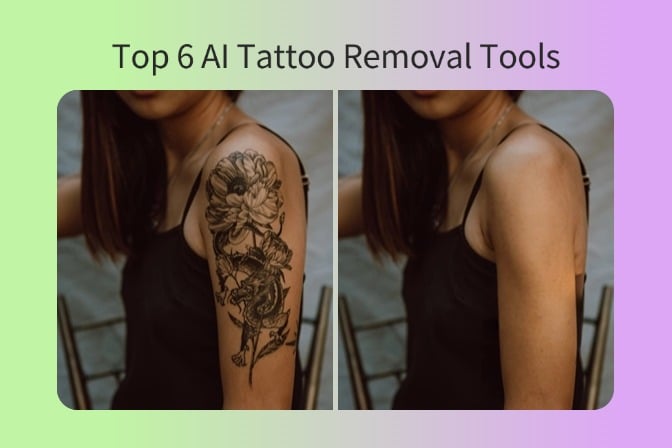
![Top 5 AI Baby Podcast Generators in 2025 [Reviewed & Tested] Top 5 AI Baby Podcast Generators in 2025 [Reviewed & Tested]](https://images.insmind.com/market-operations/market/side/9ed5a89e85ab457a9e8faace7bb25258/1750317475287.jpg)
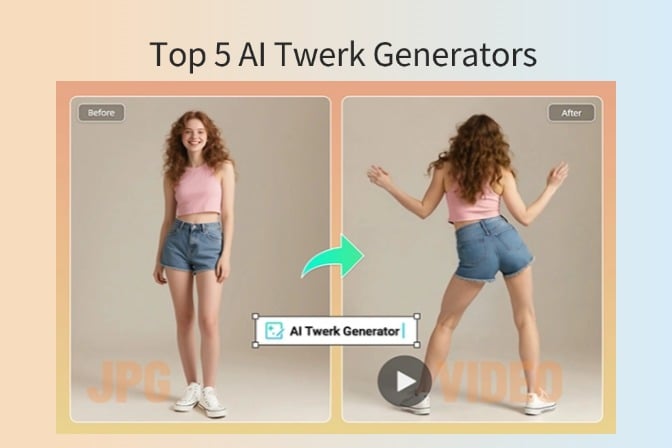
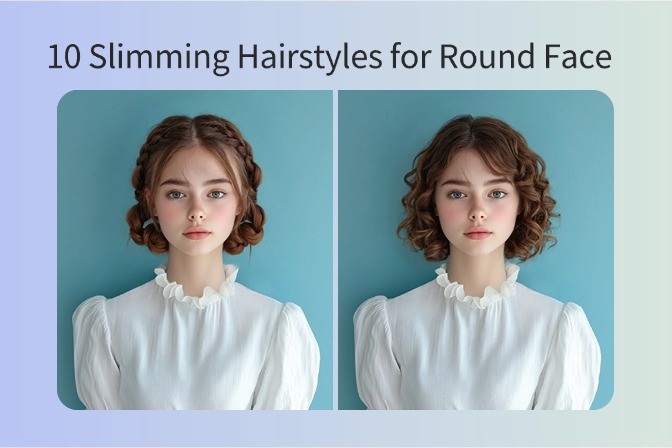

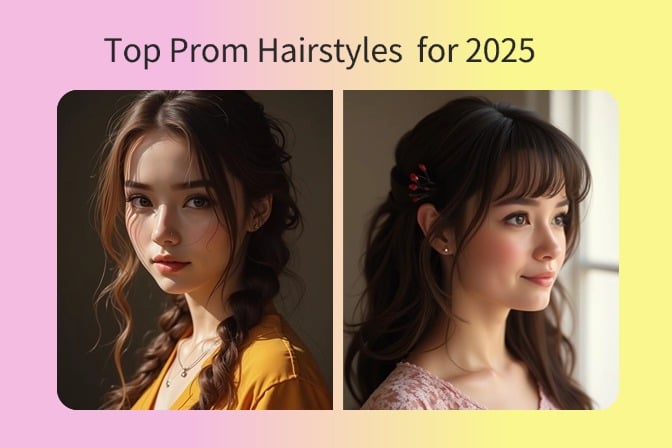
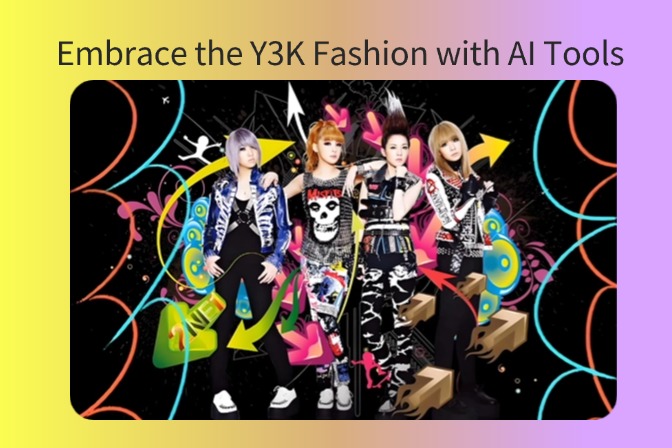
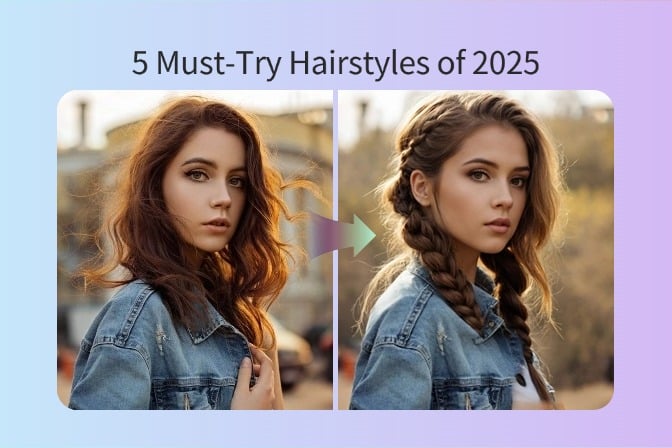
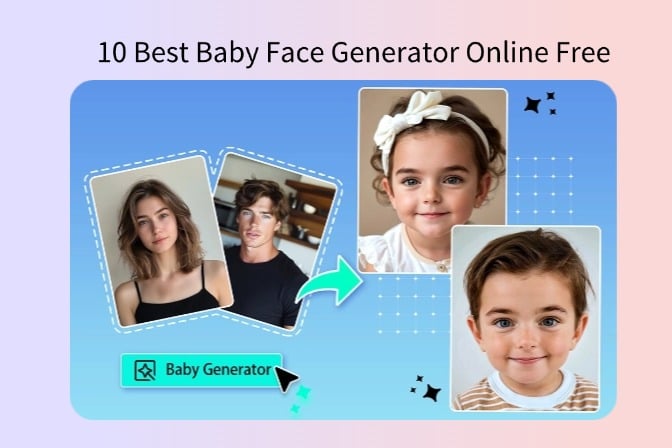
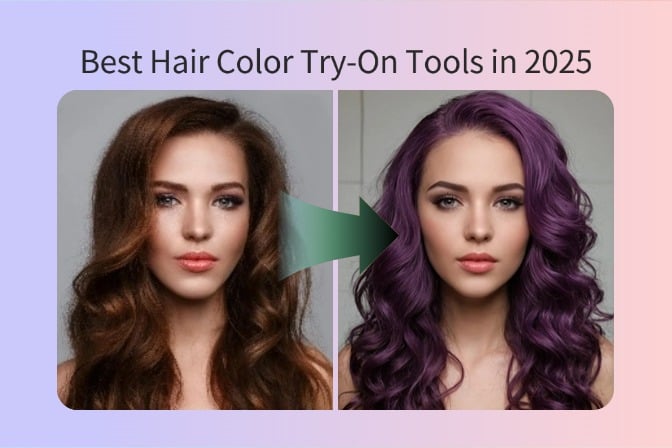
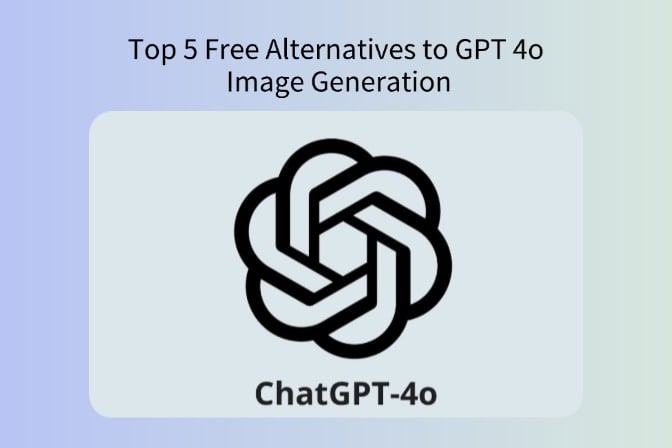
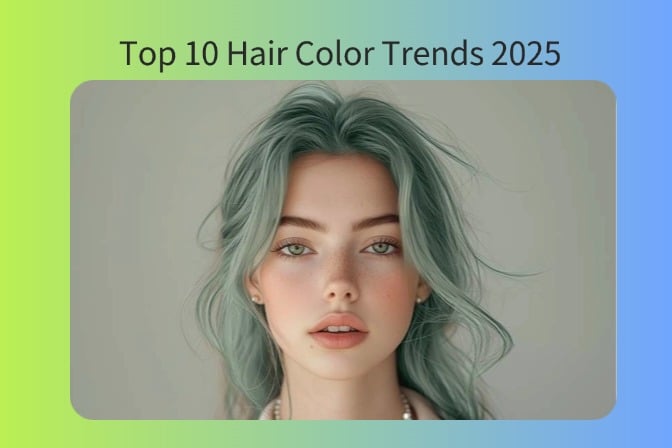
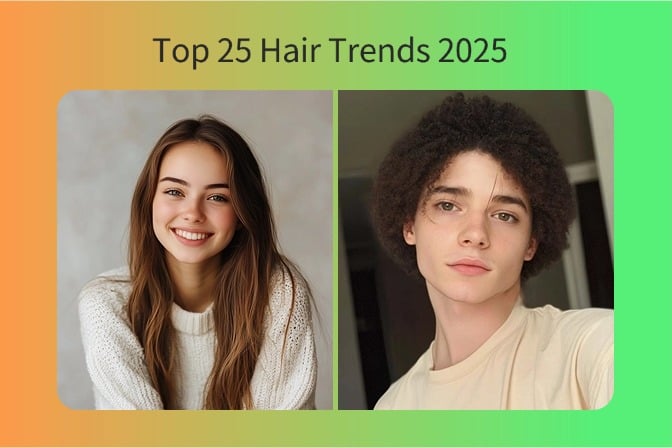
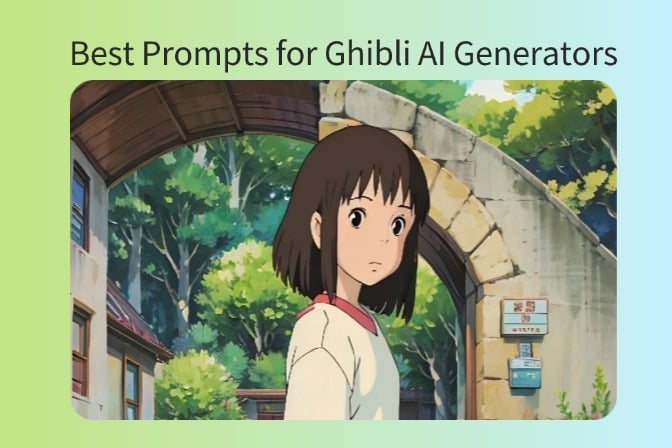
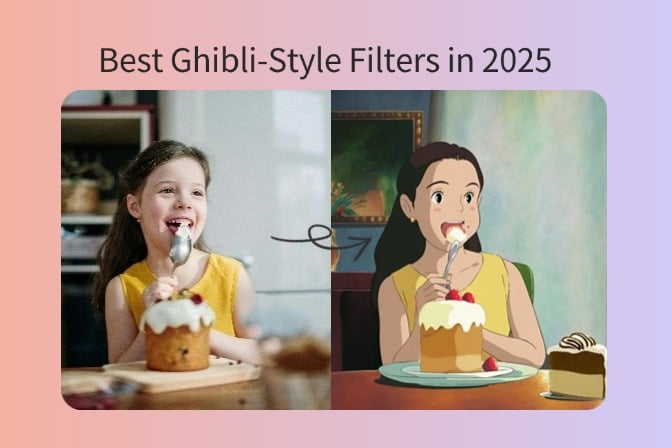
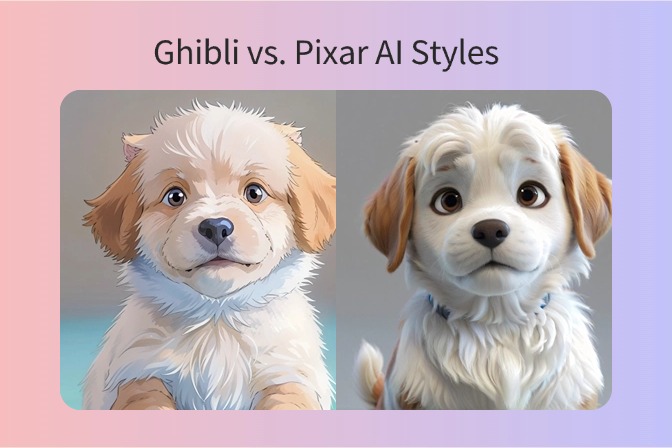

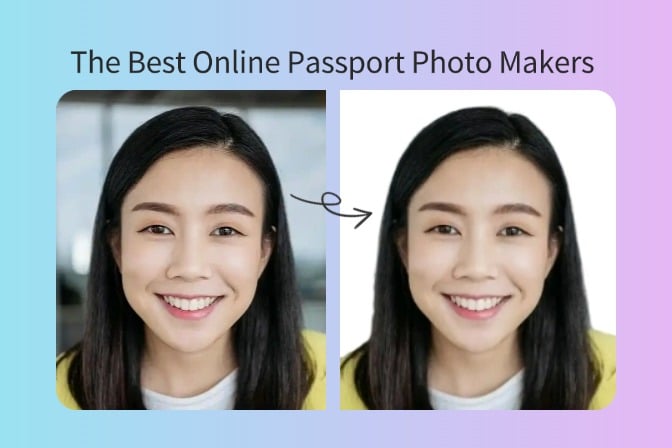
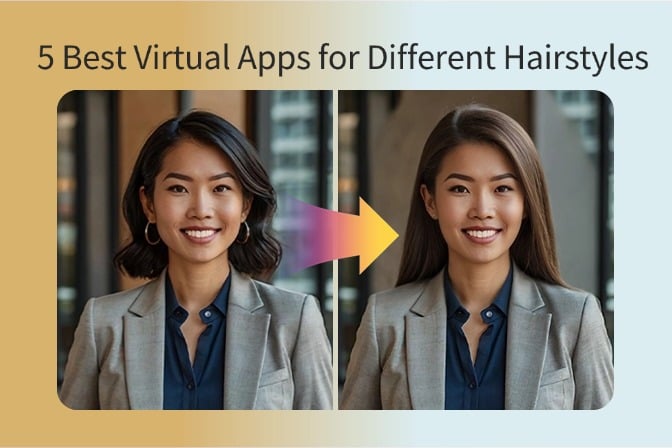
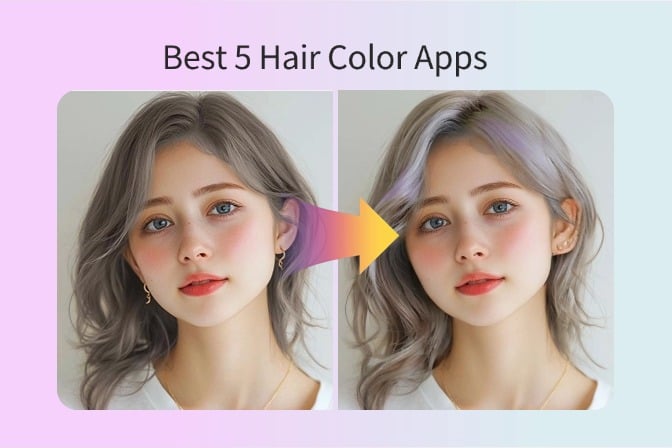
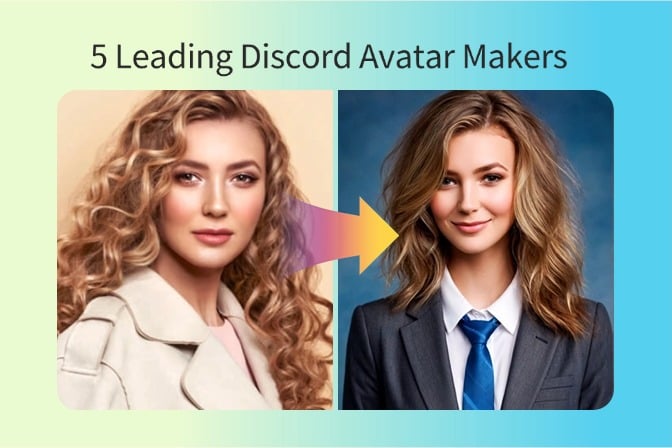
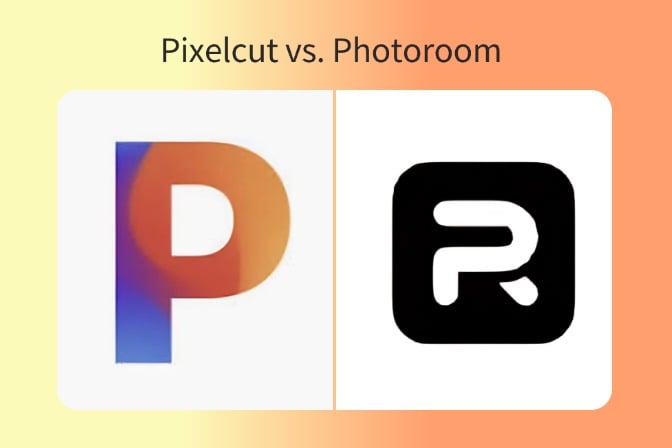
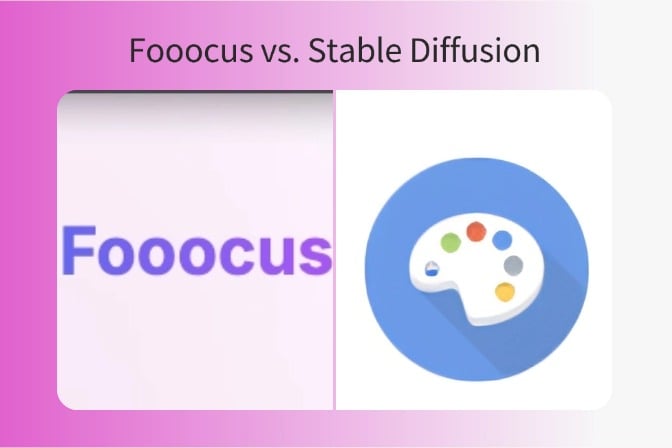
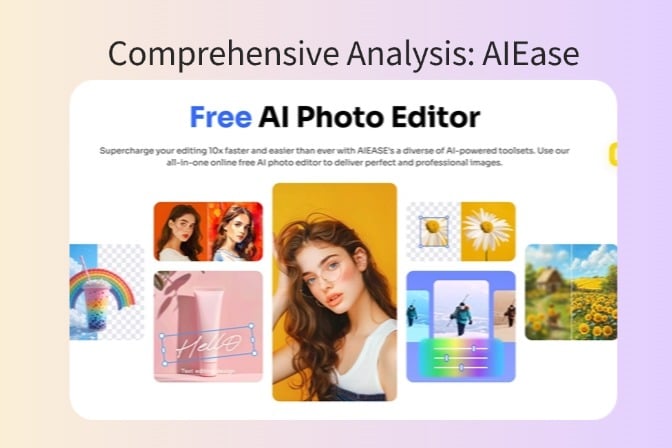
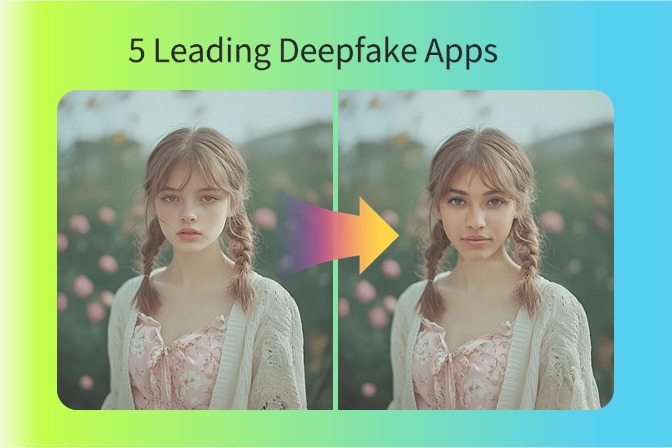


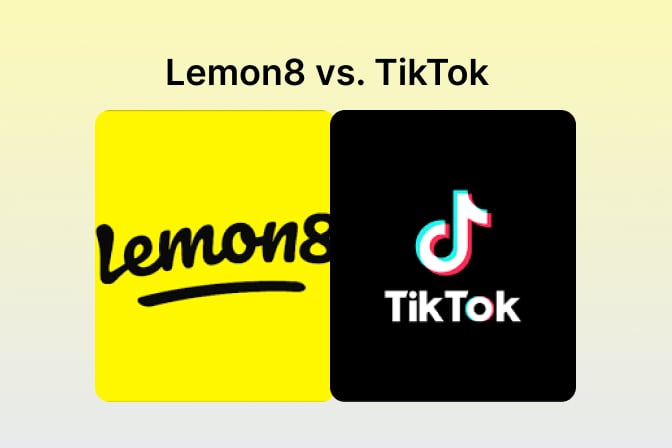
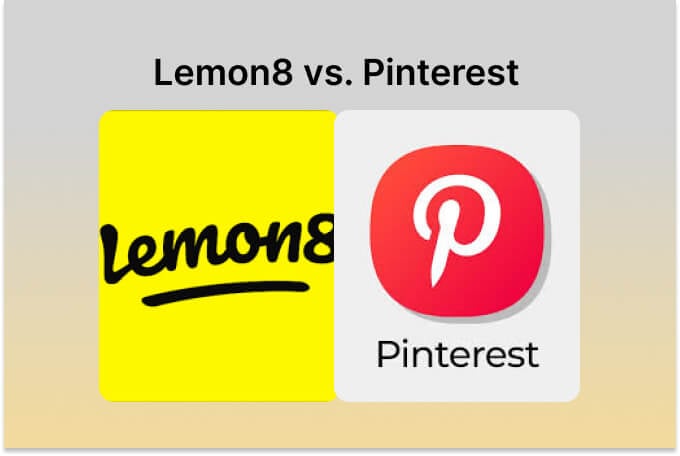
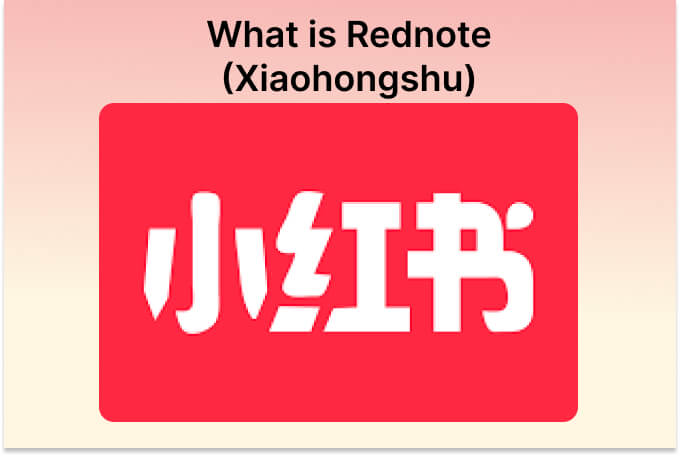
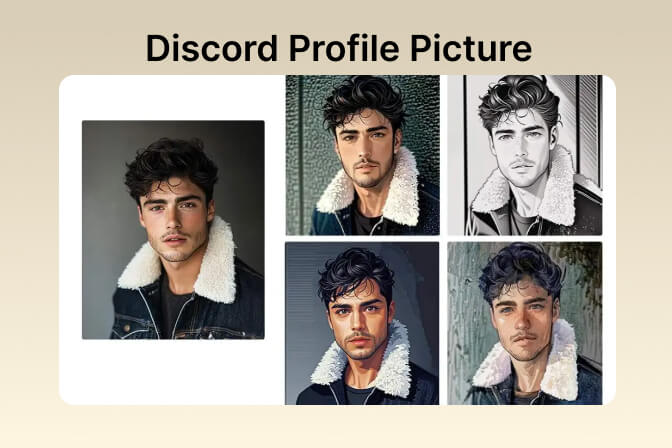
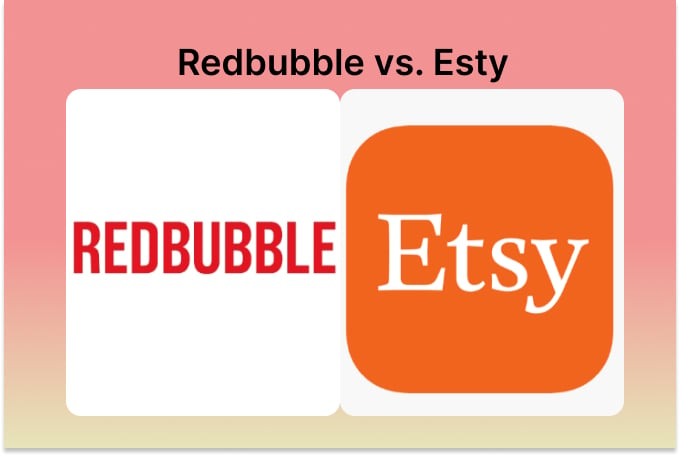


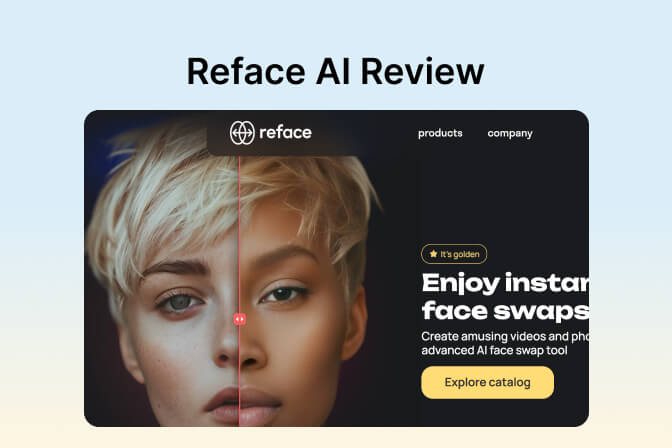


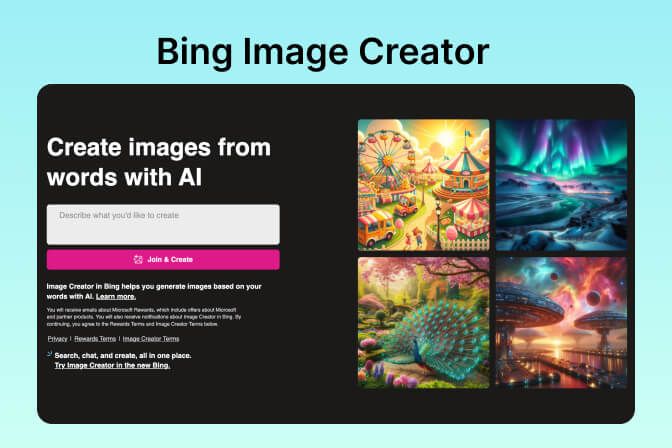
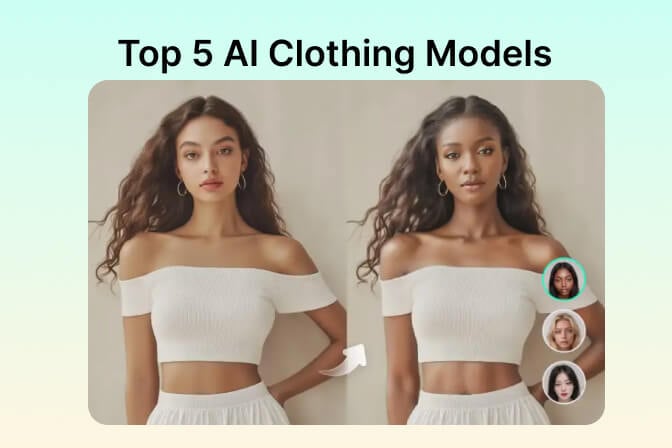
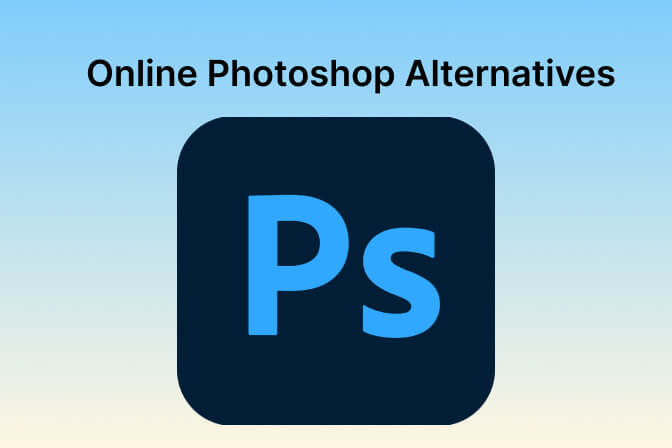

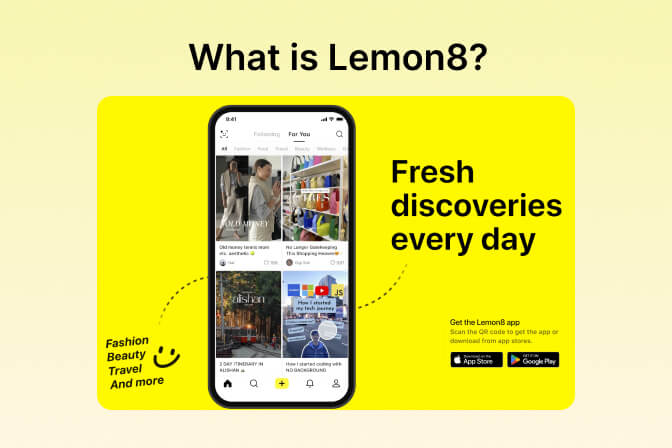
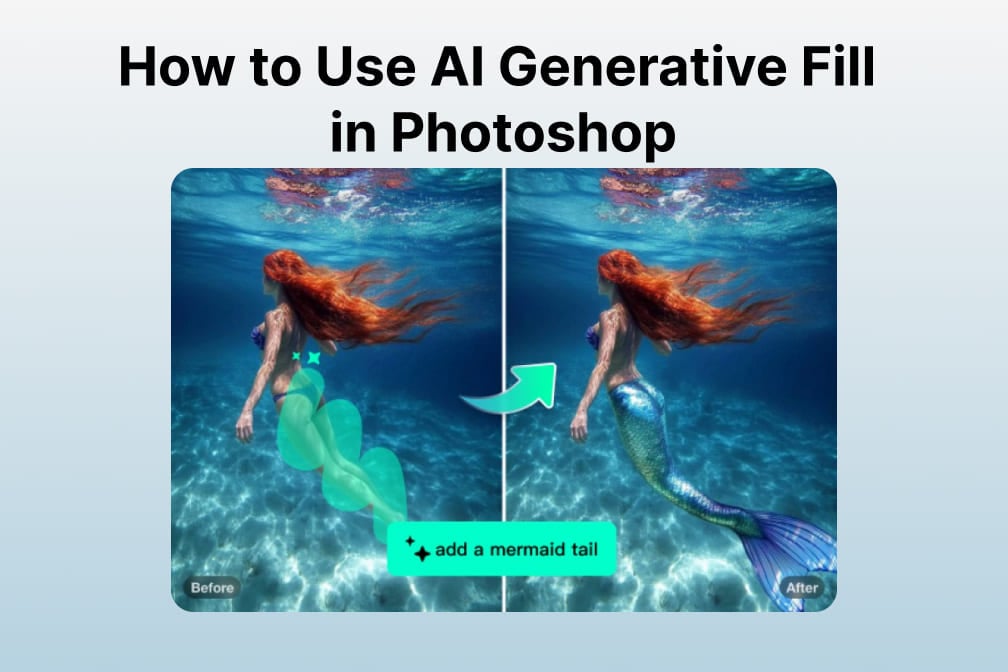
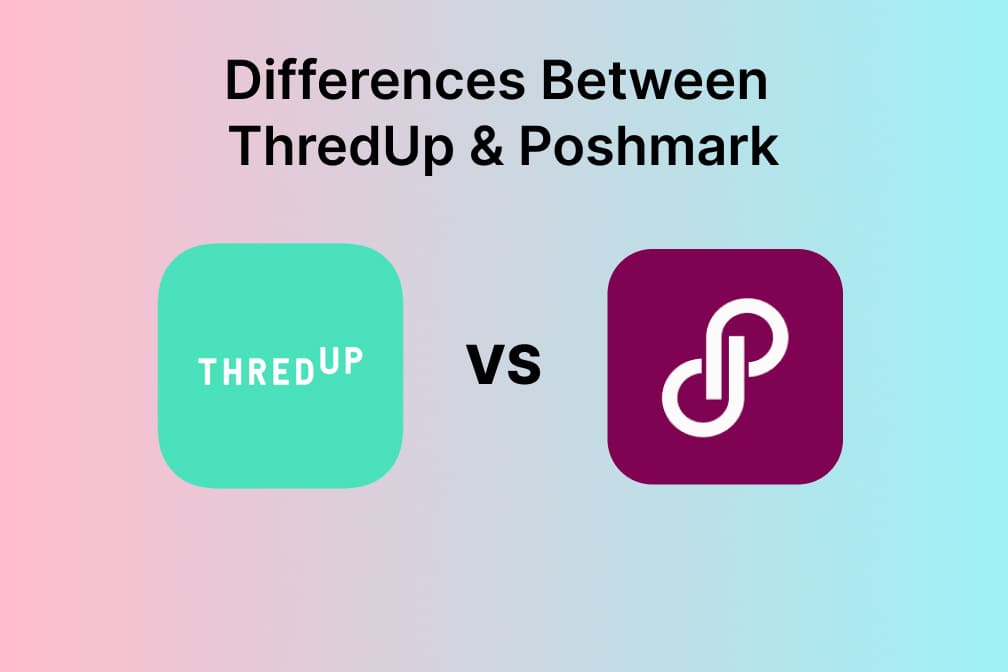
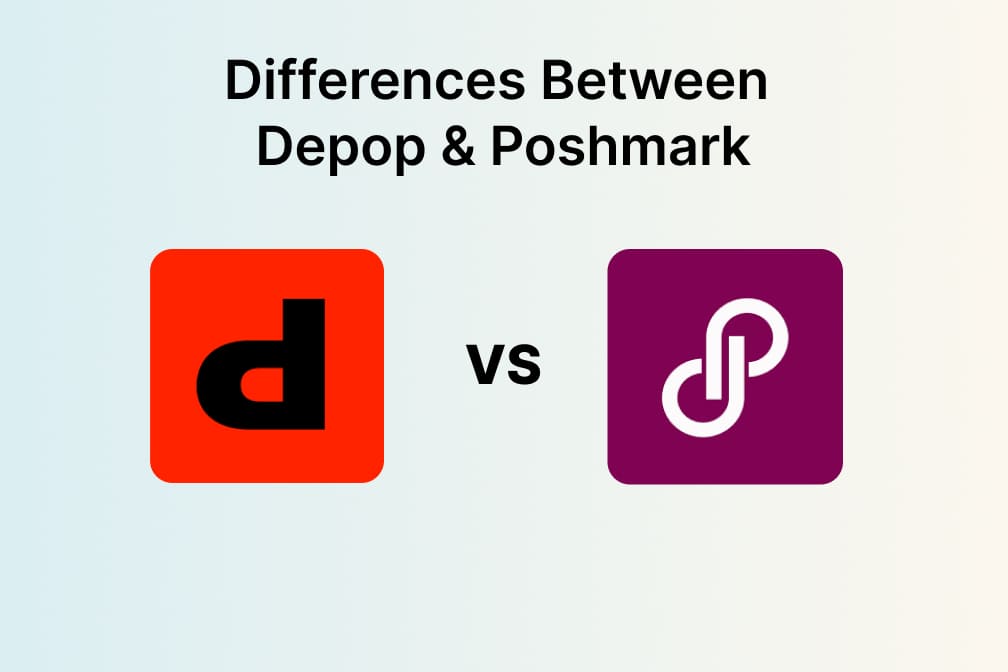
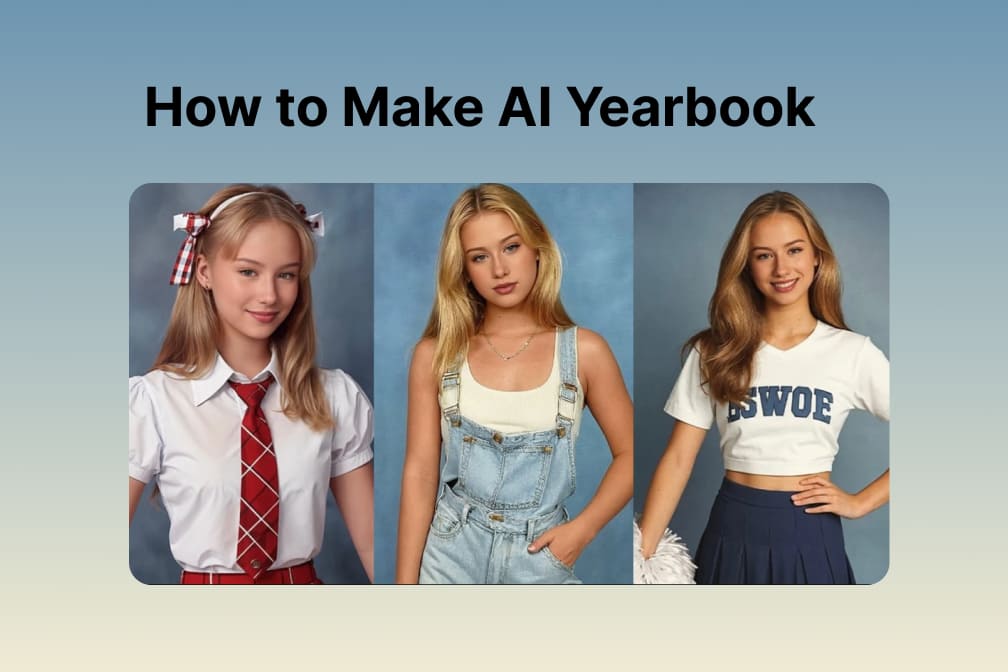
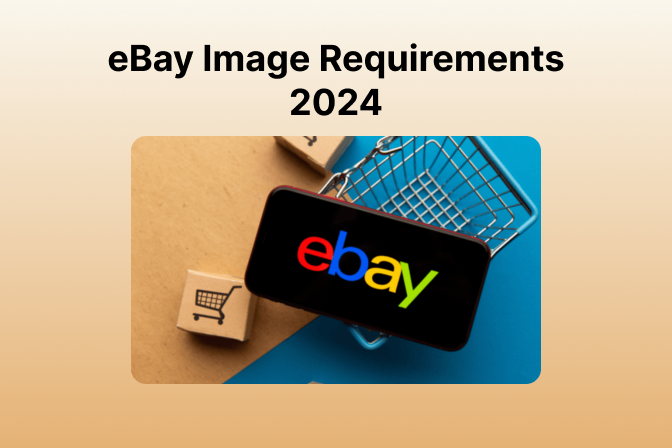
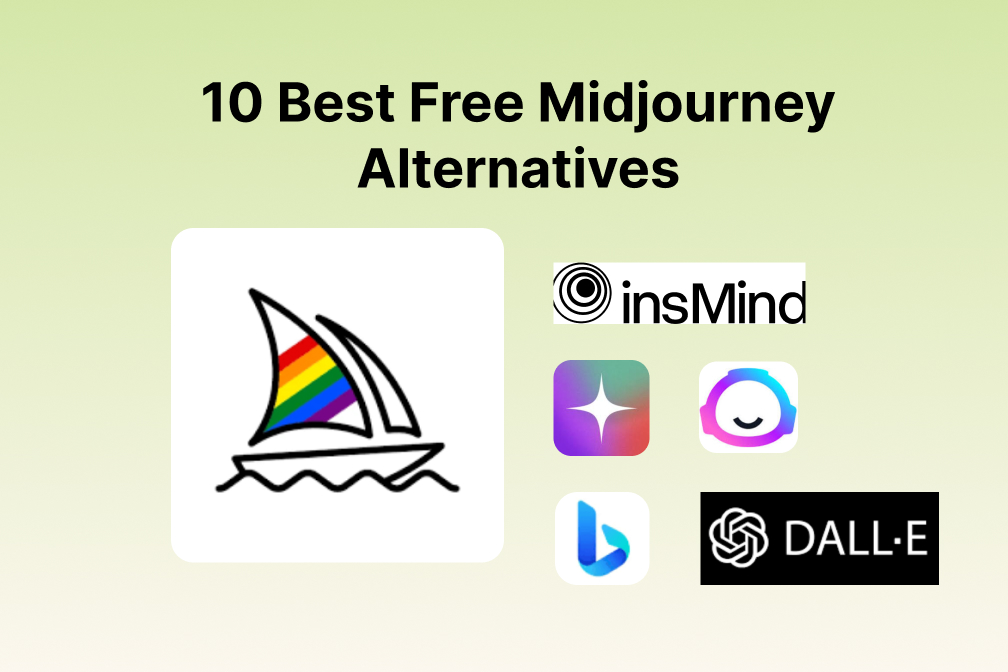
![Exploring the 10 Best AI Photo Editors for Your Needs [2025] Exploring the 10 Best AI Photo Editors for Your Needs [2025]](https://images.insmind.com/market-operations/market/side/05ccfa0da4d64b43ba07065f731cf586/1724393978325.jpg)

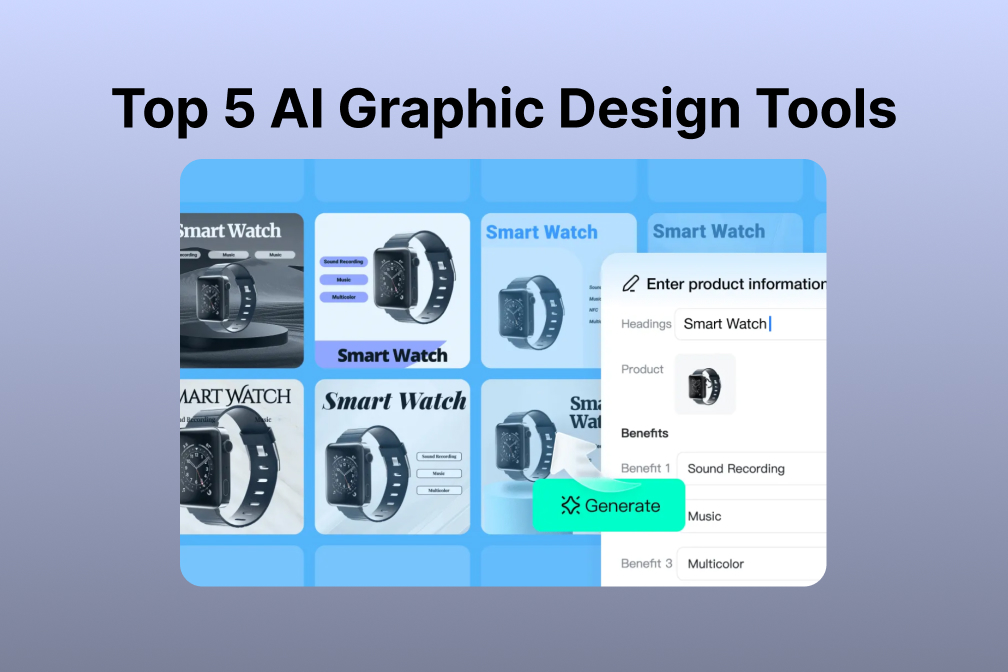

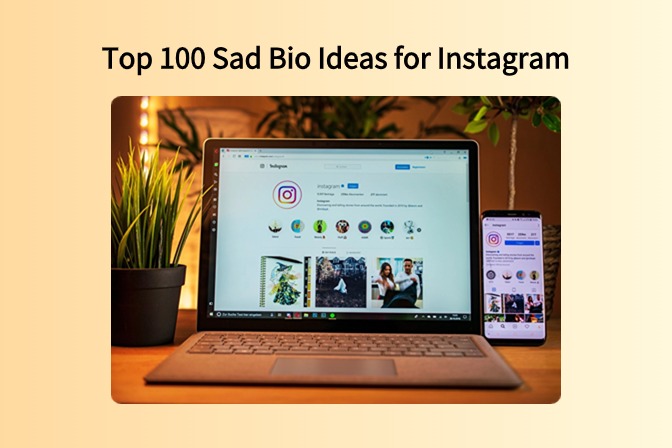
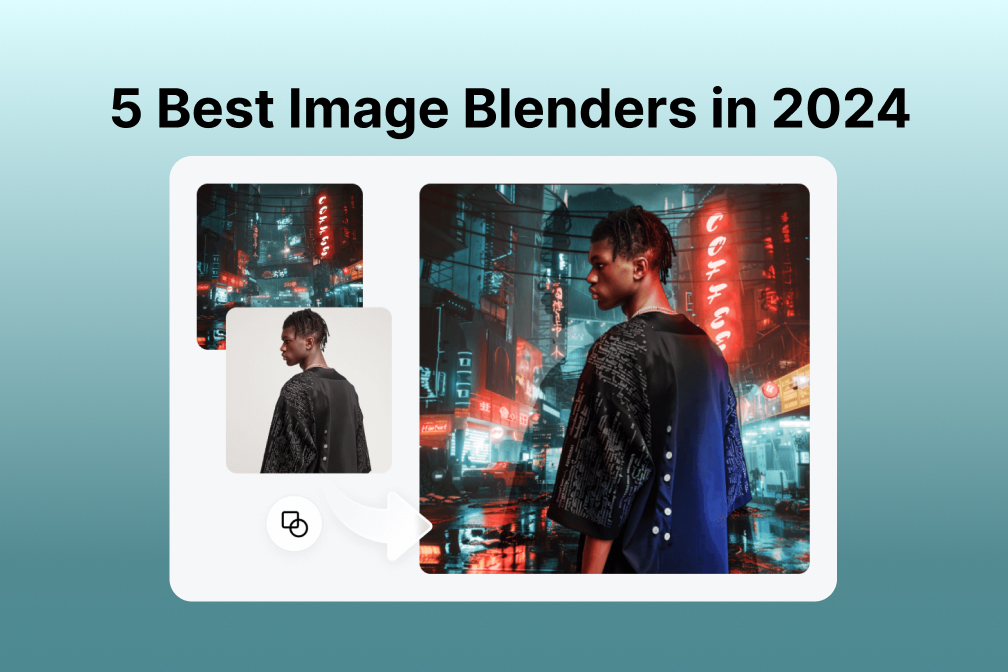
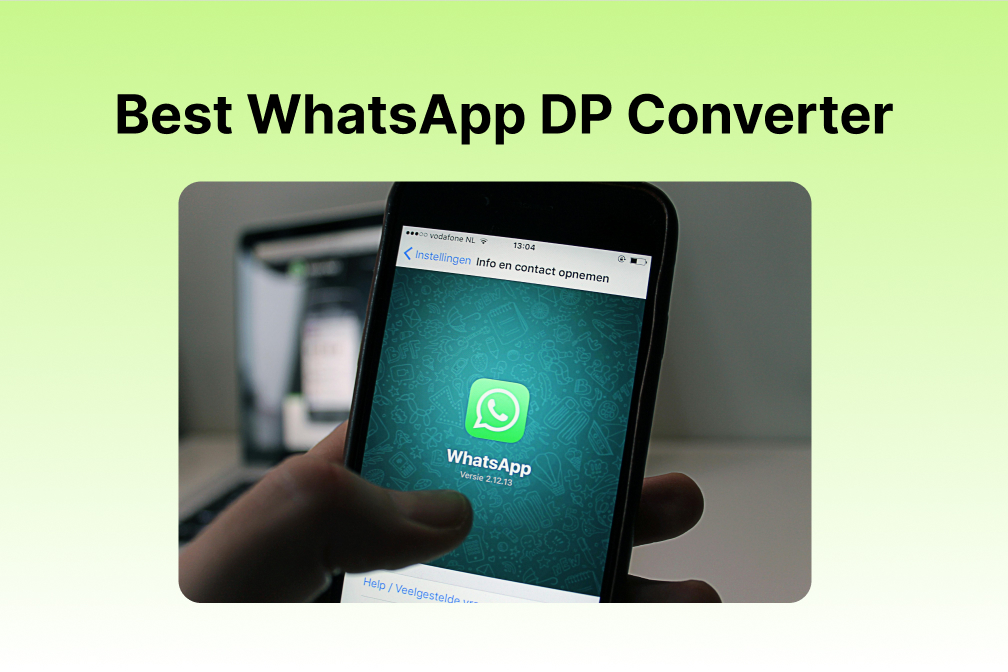

![Top 10 Face Swap Apps to Enhance Your Photo [Online, iOS, Android, Windows, Mac] Top 10 Face Swap Apps to Enhance Your Photo [Online, iOS, Android, Windows, Mac]](https://images.insmind.com/market-operations/market/side/e604368a99ee4a0fbf045e5dd42dca41/1723095740207.jpg)


